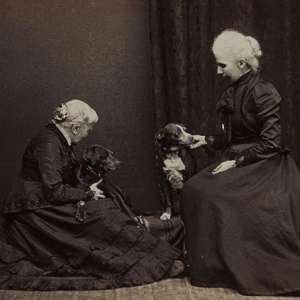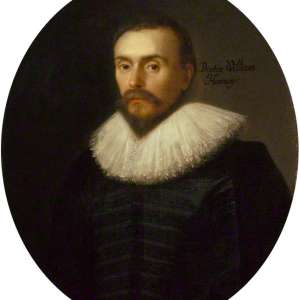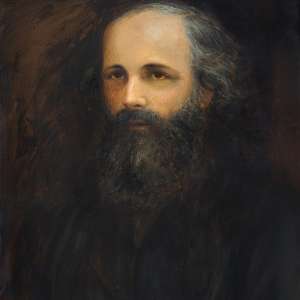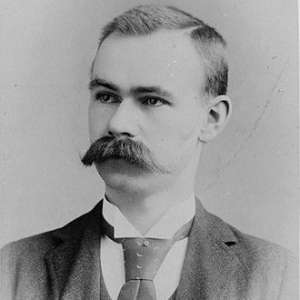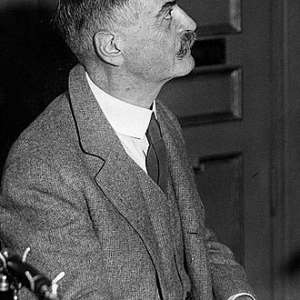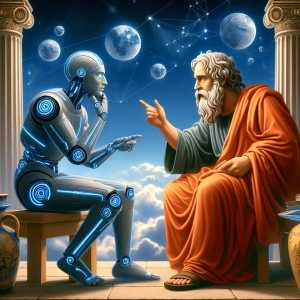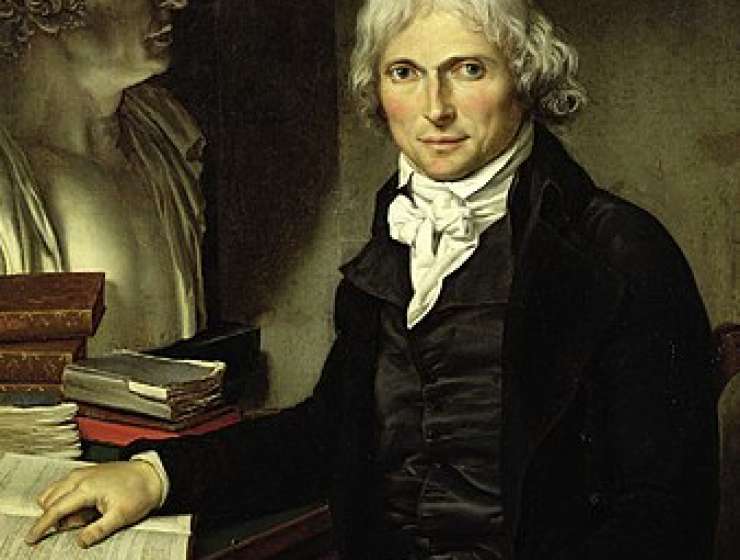
Cancer's conceptions of Marie François Xavier Bichat (1771-1802), founder of histology.
20.07.2021
The French doctor Bichat had a brief but outstanding career. Although the training of Bichat was exclusively that of a surgeon, his scientific interests embraced all of medicine, especially descriptive anatomy, histology, pathological anatomy and histopathology.
His important contribution was to point out that organs were not homogeneous structures but were composed of different tissues.
Discussion
Discussion


